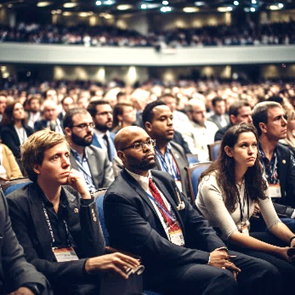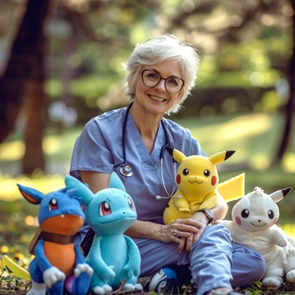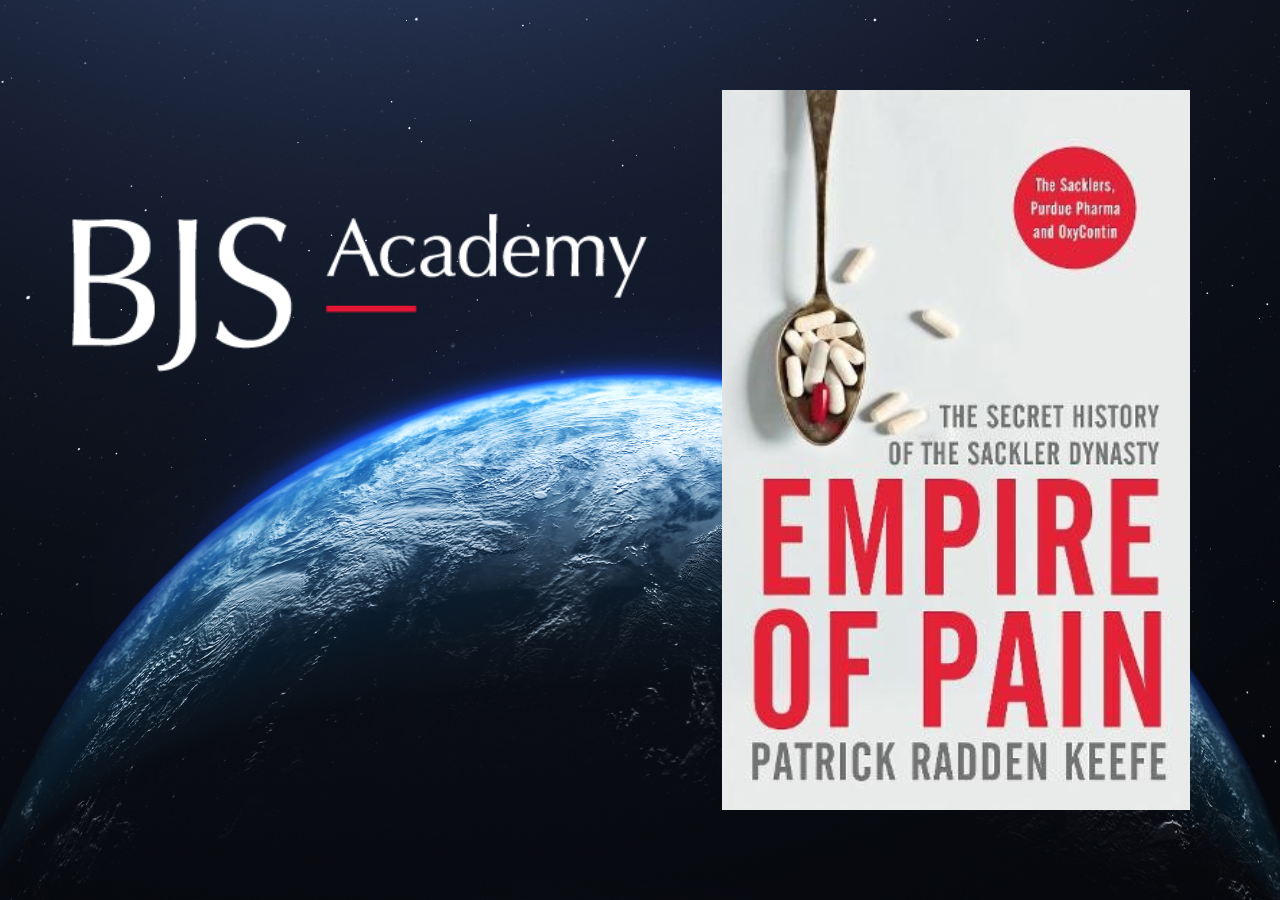BJS Academy>Surgical news>A surgical life by M...
A surgical life by Michael G Sarr
31 October 2022
Guest Blog General
Related articles

A view from the coffee room… congress abstracts – good science or bad science?
Virve Koljonen, MD, PhD
Department of plastic surgery
Helsinki University and Helsinki University Hospital
Helsinki, Finland
@plastiikkaope
I vividly remember when attending congresses was in real life only. Today that seems like another reality. I do remember the awkward moments, when I had like one microsecond to decide how to greet my congress acquaintances. Should I greet them with familiarity, or formally, or just casually wave my hand when walking by. As a person coming from a northern country, apart from choosing the right way to greet acquaintances, another custom of the continental Europe is causing me quite a lot of anxiety: air kisses. Which cheek comes first and how many are appropriate, because I don’t want to seem like a stalker, and what if I accidentally belch simultaneously. So many things to consider and be afraid of. Traditionally the success of congresses have been measured by the number of participants and by the number of abstracts 1. This obviously translates to money made by the organizing entity. Before the advent of internet, medical congresses were truly occasions where top scientific innovations were presented, new techniques were introduced, and with a chance to learn from experts 2. Nowadays knowledge is available for anyone at anytime and anywhere. Of course, I will not dismiss the value of face-to-face interactions, that has led to great innovations and is personally meaningful to those participating in such actions. What about the keynote speakers – superstars of their specialty. The more famous the keynote speaker, the more attractive congress is likely to be. In social media, there are events that are called meet-and-greet events. By definition, these events are arranged so that a famous person i.e. influencer can meet and talk to the people. Or is it vice versa actually. Meet-and-greet events are not quite the normal fan event, but almost. Well, to me it sounds a lot like inviting keynote speakers.

A view from the coffee room… Pokémon vs. Predator
Virve Koljonen, MD, PhD
Department of plastic surgery
Helsinki University and Helsinki University Hospital
Helsinki, Finland
@plastiikkaope
I am a big fan of Pokémon Go. I play it regularly and by that, I mean, every day. The inventiveness of the appearance of Pokémon characters and their witty back stories appeal to me. It is nice to look at a new character and try to find out its real-world counterpart. Further, the structure of the game is to collect as many as possible Pokémon or walking a certain amount of kilometers doing projects within the specified time, perfectly aligning with my competitive personality. Some time ago I was browsing through the medical literature. I am always trying to keep up with new literature, although nowadays it is very difficult. It has been estimated that medical knowledge doubles in just 73 days 1. I do really miss those golden old days when you just did a brisk walk to the library to find what you were looking for. I cannot overestimate my joy when I found out that my favorite leisure time hobby, Pokémon go was employed to expose predator publishers2! Pokémons have helped to reveal that predatory publications have no peer review, nor editing, and what is most choking, not even a reality check2. I am not going the reference these publications, since I feel that the journal gets undeserved glory for including them in the reference list. However, I will walk you through some of these genius publications. For the purposes of this article, I also made AI images in the Pokémon go -style.

BJS Bookshelf: Empire of Pain: The Secret History of the Sackler Family.
Recommendation and Article by Deborah Verran; Surgeon; Ramsey Healthcare; Sydney; Australia
You may have heard about the Sackler family who, until recently, were better known for some of their philanthropic work around the world, including in the arts. Until relatively recently, it was not clear how members of this family were in a position to fund all of their philanthropic activities. This forensic exposé of the Sackler family by journalist Patrick Radden Keefe explores in detail their close involvement with the pharmaceutical industry over several decades. It is an eye-opening read as it provides background context on how some of the pharmaceutical agents were both developed and then widely marketed by those holding an interest. This is a long book rather than a weekend read. However, those of you who persist will be left with a feeling that you have learnt something worthwhile. Why surgeons should read this book: All surgeons involved in operative procedures will be aware of the challenges involved in adequately managing pain relief in their patients. Plus, it has only been in relatively recent times that powerful oral medications have come in to mainstream practice as part of the armamentarium for managing acute pain. Oxycontin is a medication that has become the focus of increasing attention, and not always for positive reasons. This book delves into details on how Oxycontin came to be such a widely used medication around the world, along with many of the problems which have subsequently arisen. Reading this book provides surgeons with some additional background information on Oxycontin which is not readily available elsewhere. This information may be of benefit in practice, or at least can potentially lead to important conversations with other colleagues in the workplace. Empire of pain serves as a timely reminder as to why the sound regulation of newly developed and powerful pharmaceuticals is so important in practice.
Copied!
Connect

Copyright © 2026 River Valley Technologies Limited. All rights reserved.



.png)





.jpg)



